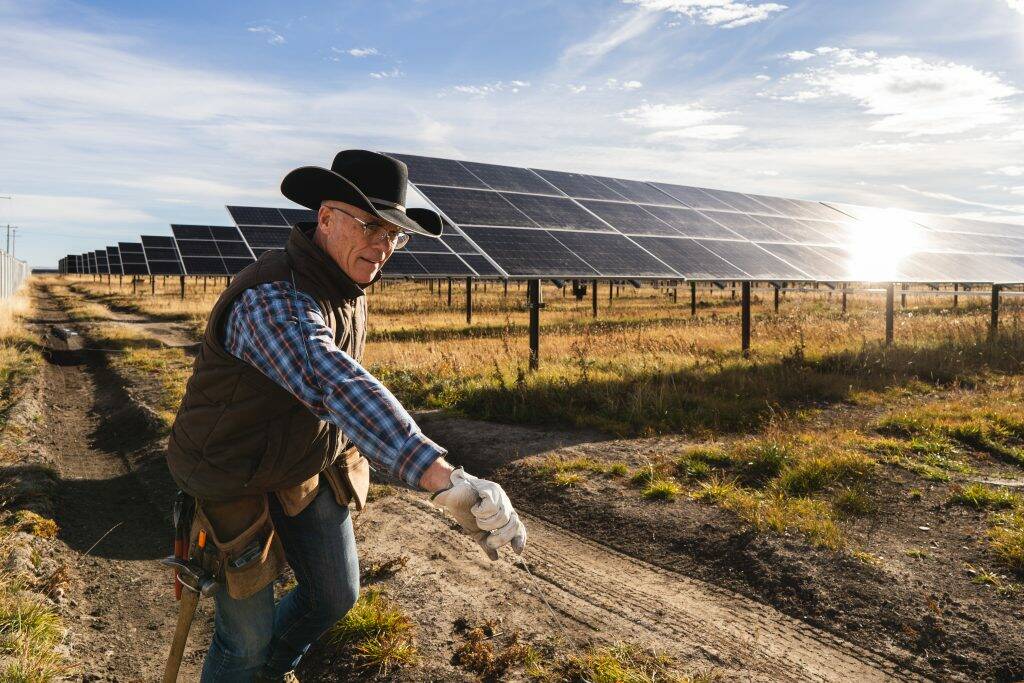Whether you have 10,000 acres of rapeseed or one metre of flowers, the same growing rules apply, says a noted horticulturist.
Roger Swain, host of the PBS channel’s Victory Garden show, opened the recent University of Saskatchewan horticultural week.
“Farming is just like gardening, only on a bigger scale,” Swain said after his July 22 speech. He farms in New Hampshire where the summers are as short but cooler than the Prairies due to the proximity of the Atlantic Ocean.
The pink-shirted, red-suspendered Swain, who taught at Harvard University, outlined his five principles.
Read Also

Support needed at all levels for high-value solar projects
Farmers, rural municipalities and governments should welcome any opportunity to get involved in large-scale solar power installations, say agrivoltaics proponents.
The first is that the garden’s existence is based on transforming energy from the sun. When people first started agriculture 10,000 years ago, it was to capture that energy through one’s stomach by eating the produce.
Swain said people should return to the old truths by appreciating that food comes in seasons, sharing with their neighbours and storing the excess in root cellars.
Let it rot, is his second point. Swain said people should return leaves and organic material to the earth as compost to renew it with nutrients.
While he opposes the use of pressure-treated wood in gardens and decks because the heavy metals leach out eventually into the ground, he favours using well processed human sewage as a fertilizer.
He says it is better to use the purified sludge than to pile it in landfills or rivers.
And speaking of water, he said not to waste it. Use native, drought-resistant plants as much as possible. If watering or irrigating, ensure the system doesn’t leak and water is applied with common sense.
Swain also told people to relax and appreciate the time it takes to grow a crop or a tree. Season changes are a good thing.
And finally, Swain urged city dwellers to watch their sprawl. “Starter castles” he termed the big homes that have no lot left around them. He said good gardeners, who take time to talk to passersby and plant in the front yard as well as the back, can encourage wholesome communities.














